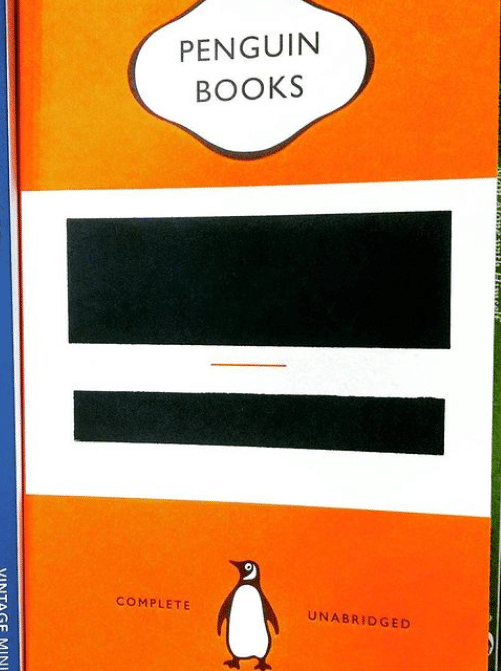
The answer is yes. Writers should worry about offending readers. Just not for the reasons you’re thinking.
On ‘controversial’ topics in fiction, Moy McCrory once said, “The only writing that offends me is bad writing.” And that’s my truth too. So despite its subject and plot, Lolita didn’t offend me, and Fifty Shades of Grey is only offensive because of how poor the writing is.
Writers Offending Readers
I’ve always written whatever I’ve wanted to write. The protagonist of my current novel is a woman. Even this could be controversial nowadays. But I’ve always considered it completely standard for writers to create outside of their own experiences.
If you’re writing about another gender, culture, or religion, you need to know your stuff. So you’ve got to research. But that’s all part of writing well. And research could mean complex research through analysing behavioural psychology and social practices or personal research through your firsthand experiences. The people you know, the things you observe.
Writers worrying about offending readers is a topic that becomes louder every year. The world was different a decade ago when Moy shared her view in a Creative Writing lecture. ‘Cancel Culture’ wasn’t something we ever considered. And harassment on social media didn’t feel like an actual threat.
Still, I know Moy would give the same answer today.
Climate of Fear
Kazuo Ishiguro, the author of The Remains of the Day and Nobel Prize winner, recently contributed to the discussion, saying, “Novelists should write from whichever viewpoint they wish or represent all kinds of views.”
He expressed his “fear for the younger generation of writers,” frightened to write about characters outside of their immediate experiences. About his own writing, he said, “Right from an early age I’ve written from the point of view of people very different from myself. My first novel was written from the point of view of a woman.”
Ishiguro in 2021 says nothing that contradicts what Moy told me in 2011, and I haven’t changed my mind. But we are creating within a climate of fear because the consequence of ‘offensive’ writing seems more severe than before.
Writing from the perspective of someone outside of my experience only makes me spend more time and energy researching. It puts more pressure on writing it well, but this is positive. Writers should always research, and the pressure to write well should never drop.
My Creative Writing degree did so much more than show me how to write well. The advice from my lecturers, who are excellent writers too, shaped me as a creative. Just as Carl Tighe’s advice set me up for a lifetime, Moy strengthened my writing values with a mantra that I’ll never forget – the only writing that offends is bad writing.
